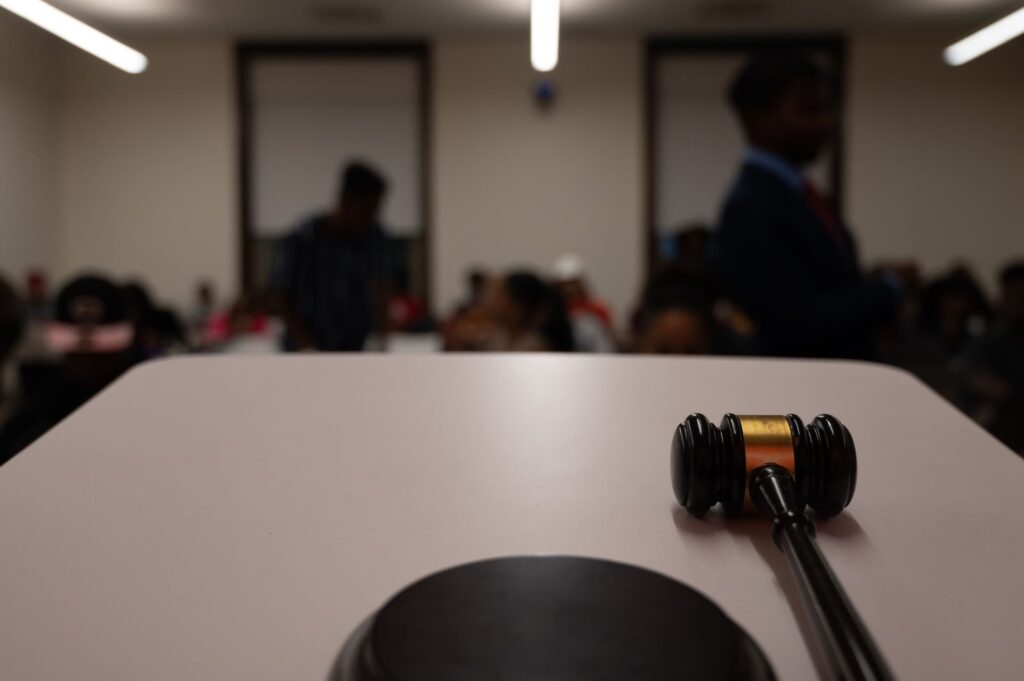
The HUSA Senate, in a recent announcement, revised the process of passing bills stipulating that outside organizations must submit their proposed bills two weeks in advance of senate hearings, eliminating debates on the floor.
Jolie Fuller, chairwoman of HUSA Senate and senior, explained why the change in processing bills was necessary. She said that committee members need more knowledge of the bill before it hits the floor to be voted on.
“In the real senate, bills have to go through certain committees before they hit the floor,” she said. “What was happening was, senators could write bills that could directly impact the committee if there wasn’t communication with members of the committee. Senate members could pass something on the floor that could substantially affect committee member’s power or responsibilities.”
This new change implemented at the State of the University Address last week gives committee members and senators the ability to review and process a bill before its passing.
According to the Student Affairs website, HUSA is composed of multiple branches and subcommittees, and similarly to the American government, HUSA has a legislative branch, an executive branch and a judicial branch.
The HUSA Senate serves as the legislative branch and consists of about 30 senators from all undergraduate and graduate schools and colleges. These students implement different legislation, and constitutional changes and provide funding to different organizations on campus.
The judicial branch, known as the Policy Board, interprets the HUSA constitution. The constitution is crucial to the foundation of HUSA because it outlines the various branches and lists the checks and balances for each one.
Howard’s executive branch includes the HUSA President and Vice President and The Royal Court, including Mr. and Mrs. Howard.
Fuller explained that even though the only people who can pass legislation are senators, students can still make changes to legislation as long as they have a senator presenting it to the Senate.
“A lot of times students think, ‘Oh, I can’t pass any legislation, I can’t make impactful changes on campus because I don’t have an elected position,’” Fuller said. “But students can reach out to their various senators and collaborate with them on bills.”
Josh Campbell, a sophomore computer science major from Jackson, Mississippi, attended the State of the University Address and found that student government can be intricate but fulfilling. “I just started learning about student government this year, it’s interesting,” he said. “There’s lots of ways to get involved even if you’re not elected.”
Copy edited by Alana Matthew









